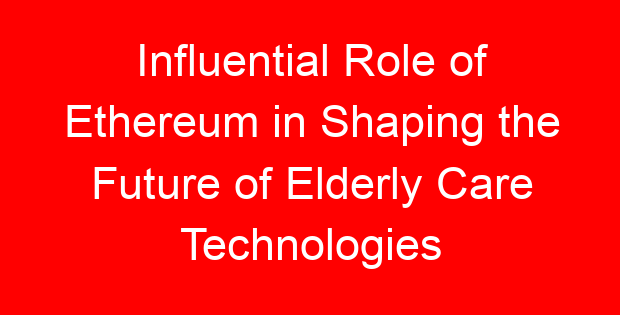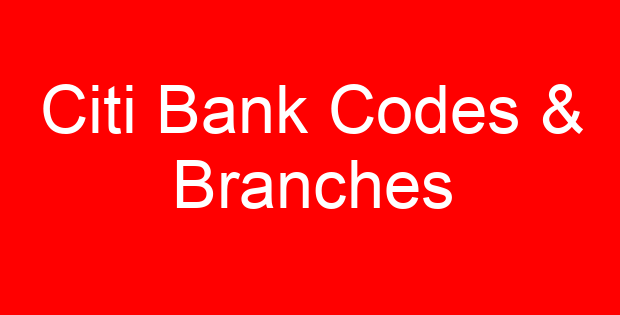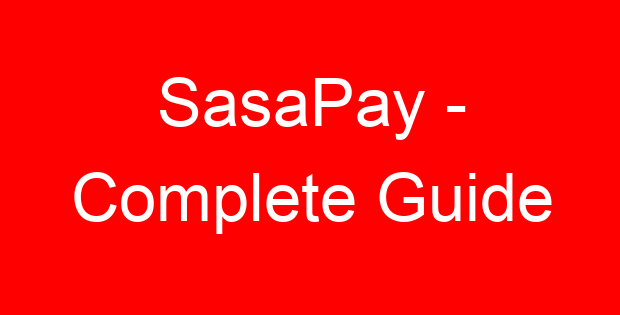Influential Role of Ethereum in Shaping the Future of Elderly Care Technologies
The global population is aging rapidly, with a significant increase in the number of elderly individuals. This demographic shift brings both opportunities and challenges, particularly in the realm of healthcare. One technology that is making significant strides in addressing these challenges is Ethereum, a blockchain platform known for its smart contract capabilities and decentralized nature. In this article, we will explore the influential role of Ethereum in shaping the future of elderly care technologies. If you want to stay updated with the current crypto craze, Ethereum is the way to go, and the Ethereum 2.0 ProAir Platform enables easy purchases.
The Aging Population and the Need for Innovation
Statistics on the Aging Population
The world’s population is undergoing a transformation, with a substantial portion now comprising older adults. According to the World Health Organization, by 2050, there will be approximately 2 billion people aged 60 and over, making up 22% of the global population. This demographic shift necessitates innovative solutions to meet the healthcare needs of this growing elderly population.
Challenges Faced by the Elderly
Elderly individuals often face a multitude of health challenges, including chronic diseases, medication management, and the need for frequent medical appointments. These challenges can be exacerbated by factors such as limited mobility and cognitive decline, making it crucial to find efficient and reliable solutions.
The Role of Technology in Addressing Elderly Care Challenges
Technology has the potential to revolutionize elderly care by enhancing access to healthcare services, improving medication management, and providing remote monitoring solutions. Ethereum, with its unique features, is at the forefront of this transformation.
Understanding Ethereum
What Is Ethereum?
Ethereum is a decentralized blockchain platform that allows developers to create decentralized applications (DApps) through the use of smart contracts. Unlike Bitcoin, which primarily serves as a digital currency, Ethereum is a versatile platform that enables programmable contracts and applications.
Blockchain Technology and Smart Contracts
Blockchain technology, the backbone of Ethereum, offers secure and transparent record-keeping. Smart contracts, self-executing agreements with predefined rules, can automate complex processes, reducing the need for intermediaries and enhancing trust among parties.
Decentralization and Trustlessness
Ethereum’s decentralized nature means that it operates on a distributed network of nodes, making it resistant to censorship and tampering. Trustlessness, a key feature of Ethereum, ensures that transactions and agreements are executed without relying on a central authority.
Ethereum’s Impact on Various Industries
Before delving into its role in elderly care, it’s essential to recognize Ethereum’s influence in various sectors, including finance, supply chain management, and voting systems. Its versatility and security features have led to its adoption in diverse applications.
Ethereum and Elderly Care: A Paradigm Shift
Blockchain in Healthcare
Electronic Health Records (EHRs)
EHRs are essential for providing comprehensive healthcare to the elderly. Ethereum-powered blockchain solutions offer secure and interoperable EHRs. Patient data stored on the blockchain can be accessed and updated by authorized parties, ensuring accurate and up-to-date medical records.
Secure Data Sharing
Ethereum’s decentralized nature enables secure and controlled data sharing among healthcare providers, patients, and insurers. Patients can grant temporary access to their medical records, ensuring that healthcare professionals have the necessary information for informed decision-making.
Smart Contracts for Healthcare
Automating Healthcare Agreements
Smart contracts can automate healthcare agreements, such as insurance claims and billing. When a predefined condition is met (e.g., successful surgery), the smart contract can automatically trigger payment, reducing administrative overhead and potential disputes.
Ensuring Timely Medication Adherence
Medication management is a critical aspect of elderly care. Ethereum-based apps can use smart contracts to create medication adherence plans. Patients receive reminders, and when they take their medication as scheduled, the smart contract can reward them or alert caregivers if doses are missed.
Supply Chain Transparency in Medical Devices
Preventing Counterfeit Products
Counterfeit medical devices pose significant risks to elderly patients. Ethereum’s supply chain solutions enable the tracking of medical devices from manufacturing to distribution, ensuring authenticity and safety.
Ensuring Quality Assurance
Smart contracts can be used to record quality assurance data during the production of medical devices. This information is securely stored on the blockchain, providing transparency and traceability throughout the device’s lifecycle.
Case Studies: Ethereum-Powered Elderly Care Solutions
Decentralized EHR Platforms
- MedChain
MedChain is a blockchain-based platform that offers secure and interoperable EHRs. It allows patients to control their medical data, granting access to healthcare providers when needed while ensuring data privacy.
- Medicalchain
Medicalchain is another Ethereum-based platform that empowers patients to manage and share their medical records securely. The platform also includes telemedicine features, enhancing accessibility to healthcare services for the elderly.
Medication Adherence Apps
- Pillsy
Pillsy is an Ethereum-based medication adherence app that uses smart contracts to remind patients to take their medications. It tracks medication usage and provides valuable data to healthcare providers and caregivers.
- MyMeds
MyMeds is an app that leverages Ethereum’s smart contracts to create personalized medication adherence plans. It ensures that elderly individuals take their medications as prescribed, improving health outcomes.
Blockchain-Powered Medical Device Tracking
- VeChain
VeChain, a blockchain platform, is used for tracking medical devices in real-time. This technology ensures the authenticity of medical devices and reduces the risk of counterfeit products reaching the elderly population.
- Chronicled
Chronicled utilizes Ethereum-based blockchain technology to track and authenticate medical devices. This solution enhances the reliability and safety of medical devices used in elderly care.
Benefits and Challenges
Benefits of Ethereum in Elderly Care
- Enhanced Security and Privacy
Blockchain technology provides a secure and immutable ledger for storing sensitive medical information. Patients can have confidence in the privacy and security of their health data.
- Improved Data Accessibility
Ethereum’s decentralized nature enables authorized parties to access medical data seamlessly. This accessibility enhances coordination among healthcare providers, resulting in better care for the elderly.
- Streamlined Healthcare Processes
Smart contracts automate administrative tasks, reducing paperwork and minimizing errors. This efficiency frees up healthcare professionals to focus on patient care.
Challenges and Concerns
- Scalability Issues
Ethereum faces challenges related to scalability, as the network can become congested during high-demand periods. This can impact the speed and cost of transactions, which may need to be addressed for widespread adoption.
- Regulatory Hurdles
The healthcare industry is highly regulated, and blockchain solutions must comply with various legal requirements. Navigating these regulations can be complex and time-consuming.
- User Adoption
Elderly individuals may face barriers to adopting Ethereum-powered solutions due to unfamiliarity with blockchain technology and digital platforms. User-friendly interfaces and education are essential for successful adoption.
The Future of Elderly Care Technologies with Ethereum
Potential Innovations on the Horizon
- AI and Machine Learning Integration
Integrating AI and machine learning with Ethereum can provide personalized healthcare recommendations and early detection of health issues for the elderly.
- Telemedicine and Remote Monitoring
Ethereum-powered telemedicine platforms and remote monitoring devices can enable elderly individuals to receive medical care from the comfort of their homes, reducing the need for frequent hospital visits.
- Personalized Care Plans
Ethereum can facilitate the creation of personalized care plans based on an individual’s health data and preferences, ensuring that elderly care is tailored to each person’s unique needs.
Collaboration and Research Efforts
Researchers and healthcare providers are increasingly collaborating to explore the full potential of Ethereum in elderly care. Ongoing studies aim to refine existing solutions and develop new applications that enhance the quality of care.
Ethical Considerations in Elderly Care Technologies
As Ethereum continues to shape the future of elderly care, ethical considerations, such as data privacy, consent, and equity in access to technology, must be carefully addressed to ensure that technology benefits all elderly individuals.
Conclusion
Ethereum’s influence in shaping the future of elderly care technologies is undeniable. From secure EHRs to automated medication management and supply chain transparency, Ethereum Code, serves as a tool to simplify navigation within the Ethereum network, capabilities are revolutionizing how healthcare is delivered to the elderly. As scalability and regulatory challenges are addressed, the full potential of Ethereum in elderly care will be realized, providing a brighter and more secure future for our aging population. Stakeholders in the healthcare industry, blockchain developers, and policymakers must collaborate to ensure that Ethereum’s promise in elderly care is fully harnessed, ushering in an era of improved healthcare and quality of life for our elderly citizens.




